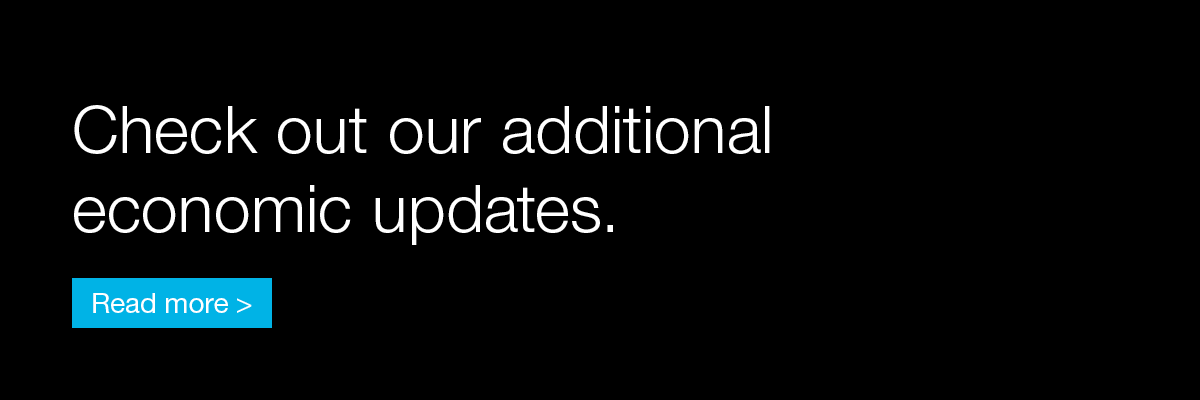by
User Not Found
| Nov 26, 2019
November 26, 2019
As the third quarter earnings season concludes, we have observed several themes from company reports and the accompanying management discussions. These comments suggest the macroeconomic environment is still favorable, even though the economic expansion began more than ten years ago. Furthermore, a closer look reveals that consumers are relatively strong while business spending and investment are mixed. We also found shifts in spending patterns that are impacting many industries and help to explain some of the competitive dynamics across the business landscape today.
Consumers are generally healthy and continue to spend, although buying habits are changing. Many brick-and-mortar retailers have struggled to attract customer traffic as purchasing decisions are made online in lieu of venturing to a store. E-commerce is growing rapidly as a purchasing channel and companies are moving quickly to adapt their business models. For many retailers, this involves a combination of technology and website upgrades as well as adjusting their delivery implementation as customers have grown to expect faster and less expensive shipping.
Consumer spending trends outside of retail remain stable. The housing sector continues to be healthy, although the growth rate of repair and remodel activity has slowed somewhat in recent years. Consumers are also continuing to prioritize travel experiences, with strong global air traffic trends and increasing demand for flights worldwide. However, the way in which people vacation is evolving and the industry is adapting to meet changing preferences. Individuals are frequently turning to the internet to book travel arrangements and their choice of providers has increased as more companies have entered this highly competitive space. At the same time a transformation is also occurring in the lodging industry as demand has grown overall, but travelers continue to show strong interest in booking vacation homes over traditional hotels.
Loan issuance at banks and credit card companies confirm the trends of a strong consumer and a relatively cautious business community. Credit card companies, and those segments within large banks, generated solid earnings growth reflecting strong demand for consumer loans and high levels of household spending. In contrast, the Federal Reserve reports that commercial and industrial loan growth has been steadily decelerating this year, despite significant reductions in interest rates, with growth peaking in the first quarter of 2019 at 9.6 percent only to fall to 1.8 percent in Q3.
Business investment has been relatively weak due to uncertainty on several fronts. The trade dispute between the U.S. and China, weakness in foreign economies and the process of Britain exiting the European Union have all been drivers of a cautious tone. In particular, the trade dispute has been a catalyst for some businesses to change their supply chains, while others have pre-purchased the basic materials and source inputs used in manufacturing their products. This frontloading of purchases caused order books to become increasingly uneven from quarter to quarter as inventory is being closely managed. Furthermore, some large capital expenditure decisions are being postponed until management teams have clearer visibility into the global trade framework that will evolve in the coming years.
Despite the uncertainty surrounding the macroeconomic environment, technology companies have been a beneficiary of the recent trends in business spending. While companies have been reluctant to build new plants or invest in heavy equipment, they are spending on technology, including migrating processes and data to cloud-based providers. Over time, this creates efficiencies and helps offset cost pressures in other parts of the business. This will be a secular trend and we expect demand for technology solutions to remain robust for the foreseeable future.
In totality, the most recent series of earnings reports from companies has proven to be slightly more favorable than most investors expected. Consumers remain an area of strength, and corporations, while cautious, remain positive. In the aggregate, the current fundamentals suggest the economic expansion is intact, but will be characterized by the modest growth we have experienced over much of the last ten years. They also suggest that industries related to retail, travel and technology, among others, will continue to see rapid change as recent trends are sustained.
